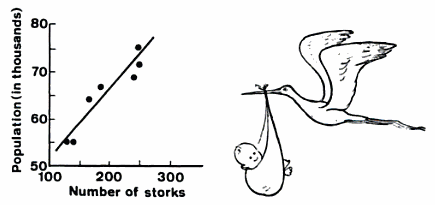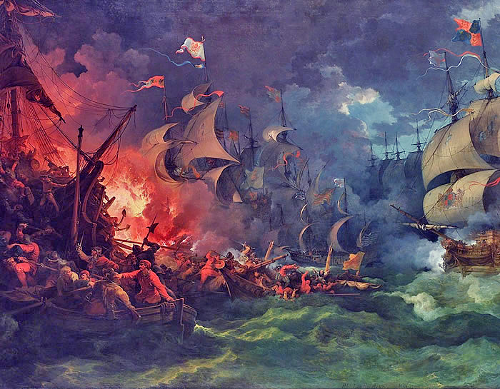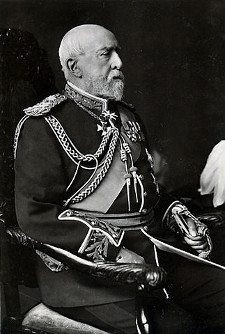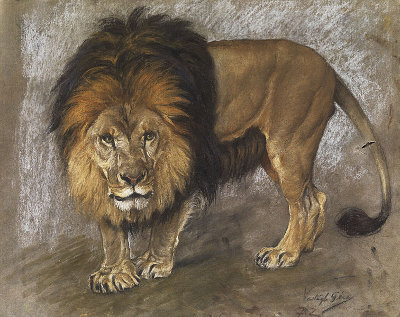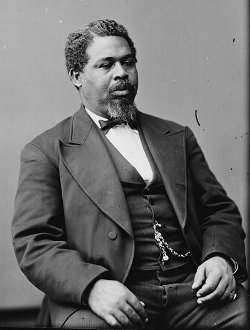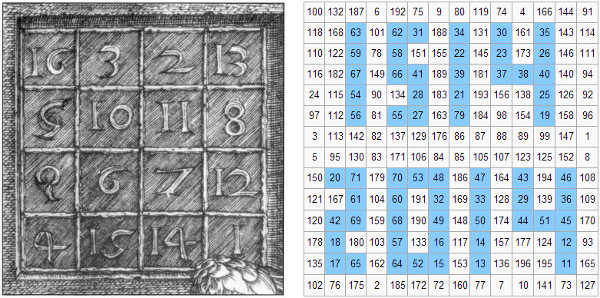A useful system of finger reckoning from the Middle Ages:
To multiply 6 x 9, hold up one finger, to represent the difference between the 5 fingers on that hand and the first number to be multiplied, 6.
On the other hand, hold up four fingers, the difference between 5 and 9.
Now add the number of extended fingers on each hand to get the first digit of the answer (1 + 4 = 5), and multiply the number of closed fingers on each hand to get the second (4 × 1 = 4). This gives the answer, 54.
In this way one can multiply numbers between 6 and 9 while knowing the multiplication table only up to 5 × 5.
A similar system could be used to multiply numbers between 10 and 15. To multiply 14 by 12, extend 4 fingers on one hand and 2 on the other. Add them to get 6; add 10 times that sum to 100, giving 160; and then add the product of the extended fingers, 4 × 2, to get 168.
This system reflects the fact that xy = 10 [(x – 10) + (y – 10)] + 100 + (x – 10)(y – 10).
(From J.T. Rogers, The Story of Mathematics, 1968.)
